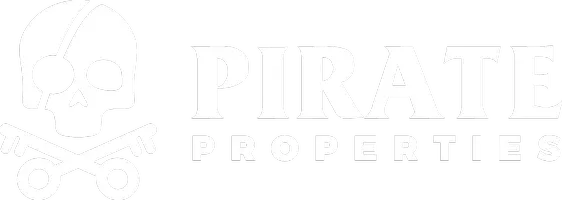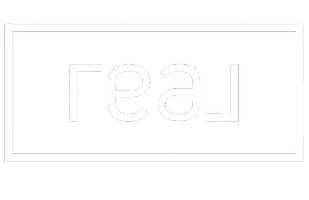Moving to Charleston, SC: The Ultimate 2025 Guide for Young Professionals and Families
Welcome to Charleston, South Carolina! As a local real estate professional and resident, I’m excited to share an insider’s guide to living in the Lowcountry’s most vibrant city. Charleston combines historic charm, coastal beauty, and modern growth in a way few cities can match. If you’re considering a move to the Charleston area, this comprehensive guide covers everything you need to know – from neighborhoods and housing costs to job opportunities, schools, and lifestyle. Let’s dive into what life in Charleston is really like in 2025.
Charleston at a Glance
- City population: ~155,000
- Metro population: ~765,000
- Median household income: ~$90,000
- Typical home value: ~$590,000
- Average rent: ~$2,000/month for a 1-bedroom
- Cost of living: ~12% higher than the U.S. average
- Climate: Humid subtropical with mild winters and hot summers
Cost of Living and Housing in Charleston
Charleston’s biggest cost factor is housing. Median home values are around $590,000, with a small increase from 2024. Renting is common, with a one-bedroom averaging about $2,000/month. Areas like North Charleston offer homes closer to $300K, while Mount Pleasant and downtown properties often top $800K and $1M, respectively. Flood insurance may be required in some areas due to low-lying terrain. Charleston home prices peaked around $620,000 in 2024 before stabilizing slightly.
Best Neighborhoods and Surrounding Areas
- Downtown Charleston: Historic charm, walkability, high-end prices.
- Mount Pleasant: Top-rated schools, family-friendly, suburban, higher-end homes. Median home prices are around ~$875,000 as of mid-2025.
- North Charleston: Up-and-coming, affordable, great for young professionals.
- West Ashley: Suburban, convenient, good home values.
- James Island: Beach access, relaxed vibe, 10 mins from downtown.
- Johns Island: Growing rapidly, newer homes, semi-rural feel.
- Summerville: Historic town, affordable housing, 35–45 min commute.
- Daniel Island, Isle of Palms, Sullivan’s Island: Luxury options, family enclaves, and beach living.
Job Market and Economy
Charleston experienced strong job growth in 2024, with rates around 3–4%, among the highest in the Southeast, particularly in tech, aerospace, and healthcare sectors. Major industries include aerospace (Boeing), automotive (Volvo), tech, healthcare (MUSC), and tourism. The city’s unemployment rate is low, and wages are rising. For tech, Charleston is often called “Silicon Harbor,” and companies across healthcare, logistics, defense, and software are hiring.
Schools and Education
Charleston County School District offers standout options like Academic Magnet High School and Wando High. Magnet, charter, and private schools provide additional choices. Higher education options include the College of Charleston, MUSC, The Citadel, Charleston Southern University, and Trident Tech.
Getting Around: Traffic and Transportation
Charleston is largely a driving city. Public transportation is limited outside downtown. I-26 and Highway 17 are key corridors. Traffic can be heavy at rush hours, and bridges often back up. Charleston International Airport offers dozens of nonstop flights, including seasonal international routes.
Healthcare and Safety
Charleston has top-tier healthcare providers like MUSC, Roper St. Francis, and East Cooper Medical. Safety varies by neighborhood—suburbs like Mount Pleasant and Daniel Island are among the safest. Hurricane preparedness and flood zones are important considerations when choosing where to live.
Things to Do and Lifestyle
- Outdoor fun: Beaches, boating, kayaking, golf, and county parks.
- Food scene: From shrimp and grits to James Beard restaurants, Charleston is a culinary gem.
- History: Fort Sumter, plantations, museums, and historical landmarks galore.
- Culture: Spoleto Festival, art galleries, concerts, and local theater.
- Family fun: Aquarium, Children’s Museum, parks, and seasonal festivals.
Pros and Cons of Living in Charleston
Pros
- Scenic beauty and historic charm
- Strong job market with career growth
- Mild winters and beach proximity
- Excellent schools and healthcare
- Vibrant food and arts culture
- Friendly, welcoming community
Cons
- Rising home prices and rent
- Tourist traffic and congestion
- Hot, humid summers and bugs
- Flooding and hurricane risk
- Limited public transit options
- Some areas with higher crime rates
Final Thoughts
Charleston offers a unique blend of beauty, opportunity, and Southern charm. Whether you’re chasing career goals, starting a family, or just ready for a lifestyle change, Charleston delivers. If you're planning a move and want help navigating neighborhoods or the real estate market, I’m always here to help. Here’s to new beginnings in the Lowcountry. Welcome, y’all!
Categories
Recent Posts

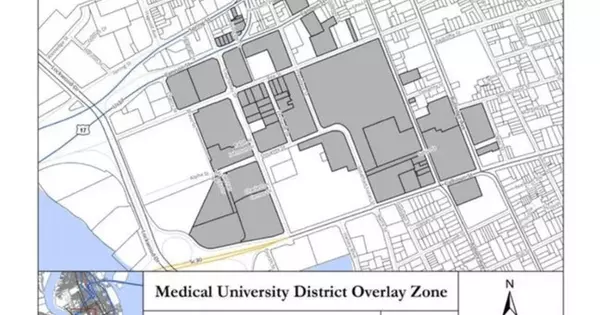

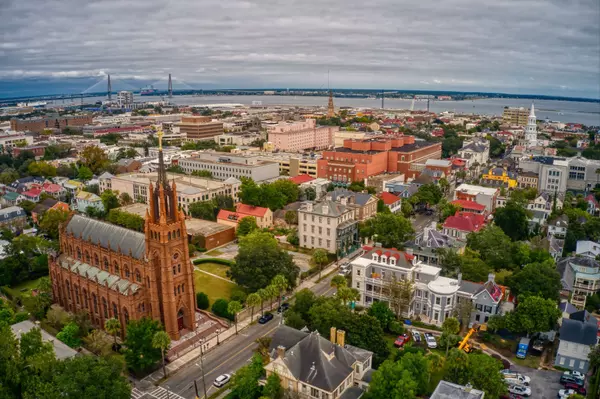
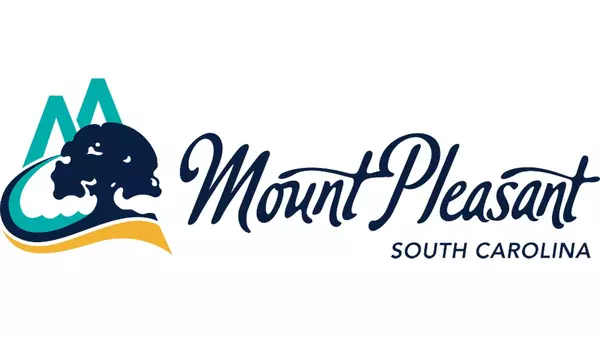

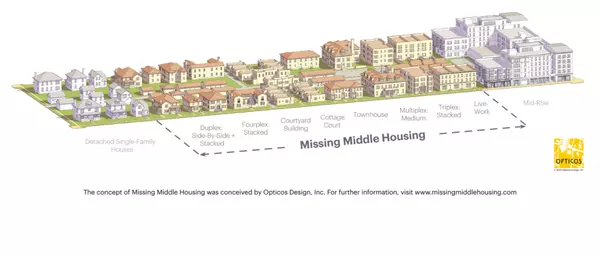
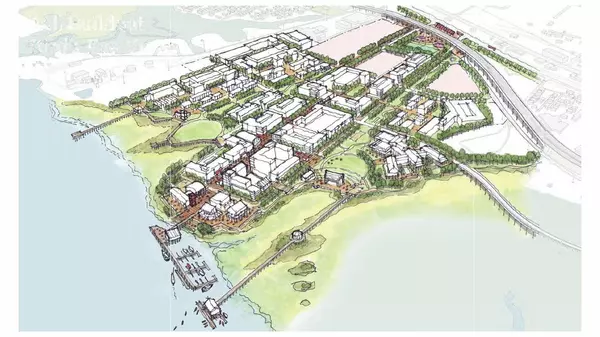
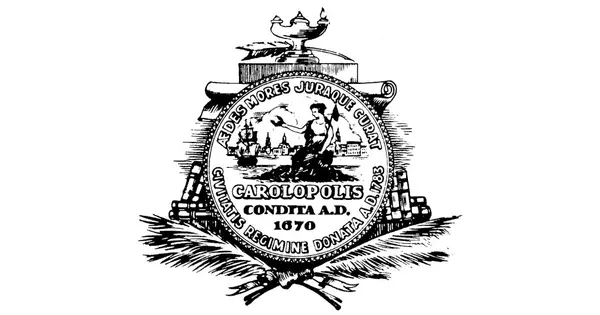

GET MORE INFORMATION

